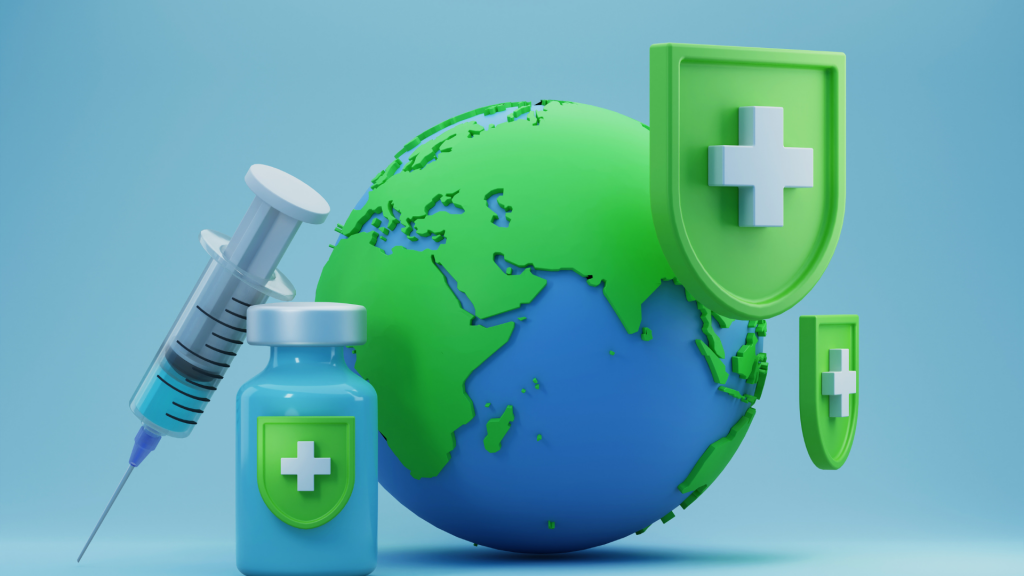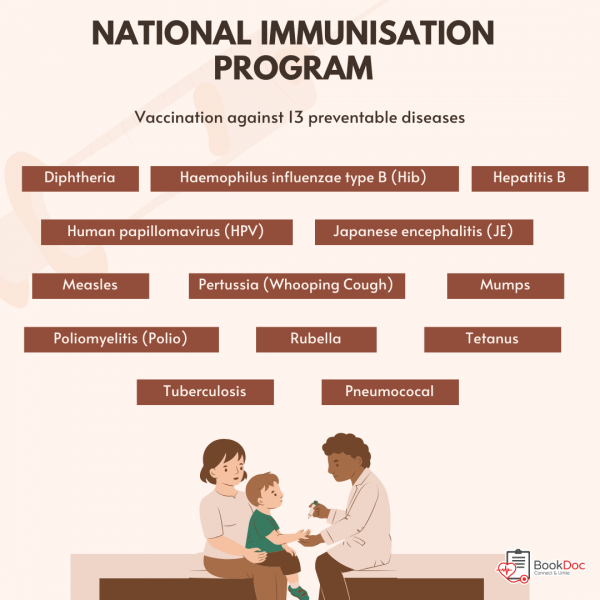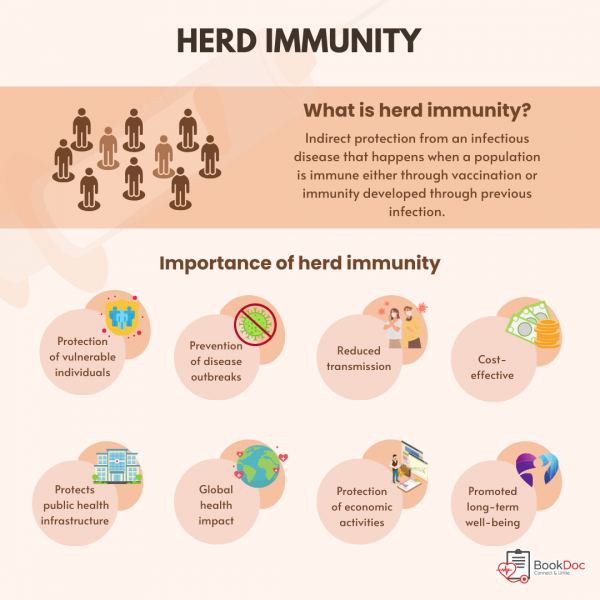
Every year, through World Immunization Week, the advocacy focuses on raising awareness about the critical need for vaccines to protect against vaccine-preventable diseases as early as birth. Celebrated on the last week of April from 24th to 30th, this awareness aims to protect more children, adults, and society, contributing to happier lives and longevity.
Aligning with the goals of World Immunization Week to safeguard global health, Malaysia has been dedicated to enhancing national health through the National Immunisation Program since the early 1950s. Through the program, Malaysia has expanded its emphasis on protection against 13 major childhood diseases. As newborns and children have yet to develop their body defences, early prevention through childhood immunization develops a natural immunity to diseases with a reduced risk of potentially life-threatening complications.
Through vaccination provided by healthcare for newborns, population immunity or herd immunity can be created to provide a resistance society towards diseases. This collective prevention targets a more sustainable efficiency in reducing mortality and morbidity nationwide across ages, fostering the pathway to population immunity or herd immunity.
Herd immunity
Herd immunity is achieved when a sufficient portion of the population has recovered from an illness and acquired antibodies that protect against subsequent infections. This can be reached through active vaccination against a disease, which creates a defensive action against recurrent infections. Through vaccination, herd immunity can be developed without risking illness and complications. This concept of herd immunity can be seen in successfully controlled contagious diseases such as polio, smallpox, diphtheria, rubella, and many more. These pinpoint the major influence of immunization on health, the community, the nation, and future generations.
Herd immunity and COVID-19
A good example of how herd immunity can be seen in ensuring collective protection for the world is through the COVID-19 pandemic. The pandemic has created a phenomenon whereby rapid and effective immunization is deemed crucial to treating global health and enhancing the defence of the people against the contagious virus. This further highlights how the National COVID-19 Immunization Programme has been as important as ever, demonstrating vaccination’s crucial role in recovering community health and the national economy through a collective effort to combat the pandemic. As more individuals receive vaccinations, the nation has effectively averted the decline of its citizens and the country, which could have otherwise resulted in further harm to its future.
Conclusion
The success of immunization in halting the transmission of detrimental diseases like polio and tetanus, which have plagued the world for decades, combined with the emergence of the COVID-19 pandemic, has underscored the pivotal role of immunization efforts in safeguarding global health. This experience highlights immunization as a proven and essential strategy for promoting global health security and resilience. Access healthcare professionals to empower your immunity at just your fingertips with the BookDoc app here.
Amirah, Dietitian
Reference:
- https://www.cdc.gov/vaccines/parents/diseases/varicella.html
- https://immunise4life.my/the-malaysian-national-immunisation-programme-nip/
- https://www.who.int/news-room/questions-and-answers/item/herd-immunity-lockdowns-and-covid-19
- https://www.pantai.com.my/medical-specialties/paediatrics/immunisation-schedule-children-malaysia















